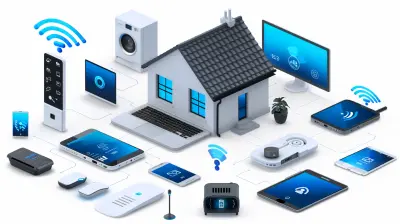How Electric Vehicles Are Shaping the Future of Public Transport
21 July 2025
Public transport is the backbone of modern cities. From buses to trains, millions of people rely on it every day to get to work, school, and everywhere in between. But have you ever thought about how these vehicles are evolving? Enter electric vehicles (EVs)!
Gone are the days of noisy, gas-guzzling buses spewing black smoke into the air. The world is shifting toward cleaner, greener, and more efficient ways of getting around. And electric public transport? It’s leading the charge—literally!
So, how exactly are EVs changing the game for public transport? Buckle up, because we’re about to find out! 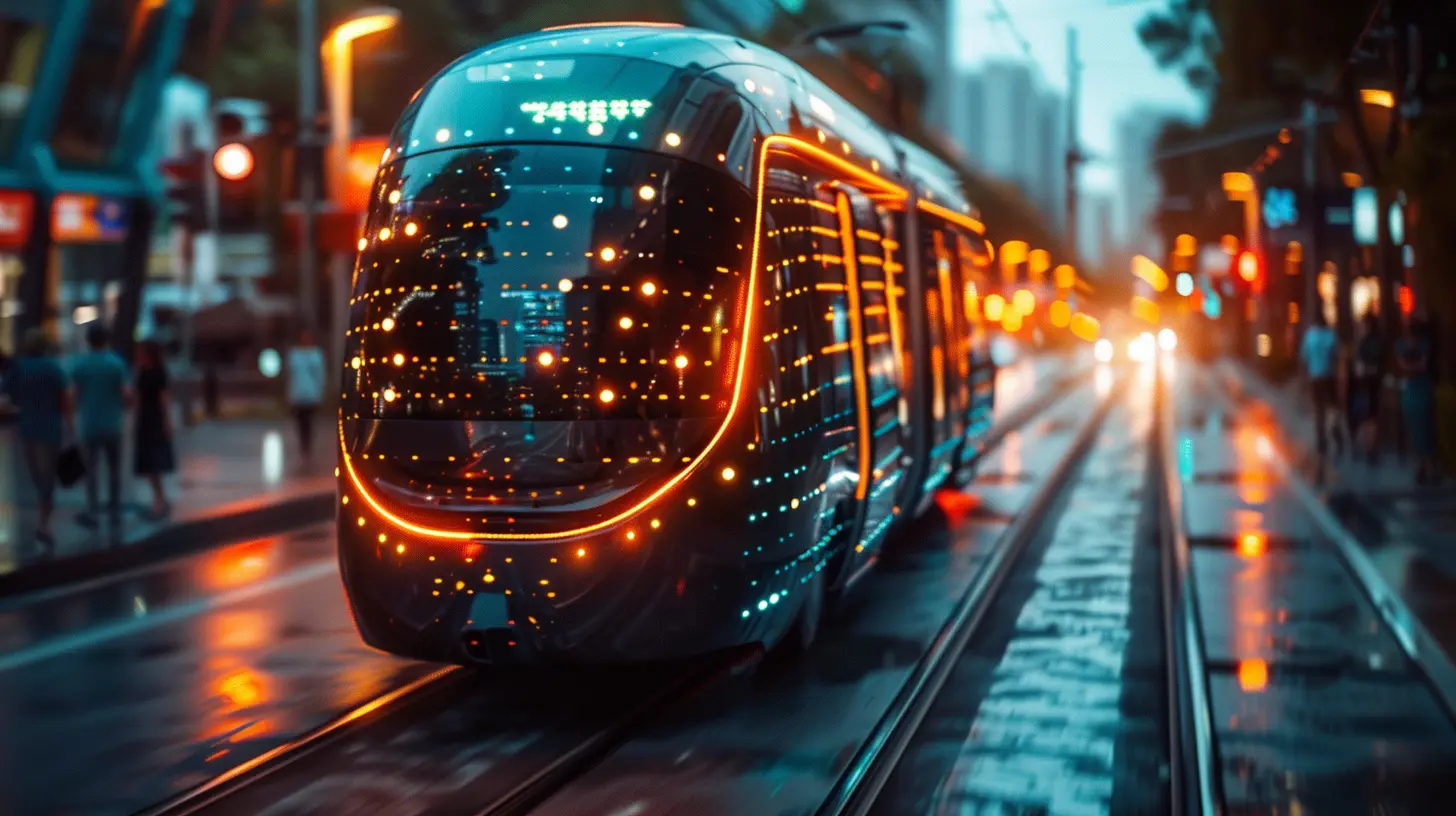
The Rise of Electric Public Transport
We’ve all heard about Tesla and the electric car revolution, but did you know that public transport is also going electric? Governments and transit agencies worldwide are ditching diesel and embracing EVs. Why? Because they offer a laundry list of benefits—from reducing pollution to cutting operational costs.Think about it: An electric bus costs less to run than a diesel one, requires less maintenance, and doesn’t contribute to air pollution. It’s like swapping out an old, clunky flip phone for a sleek, high-tech smartphone. Who wouldn’t want that? 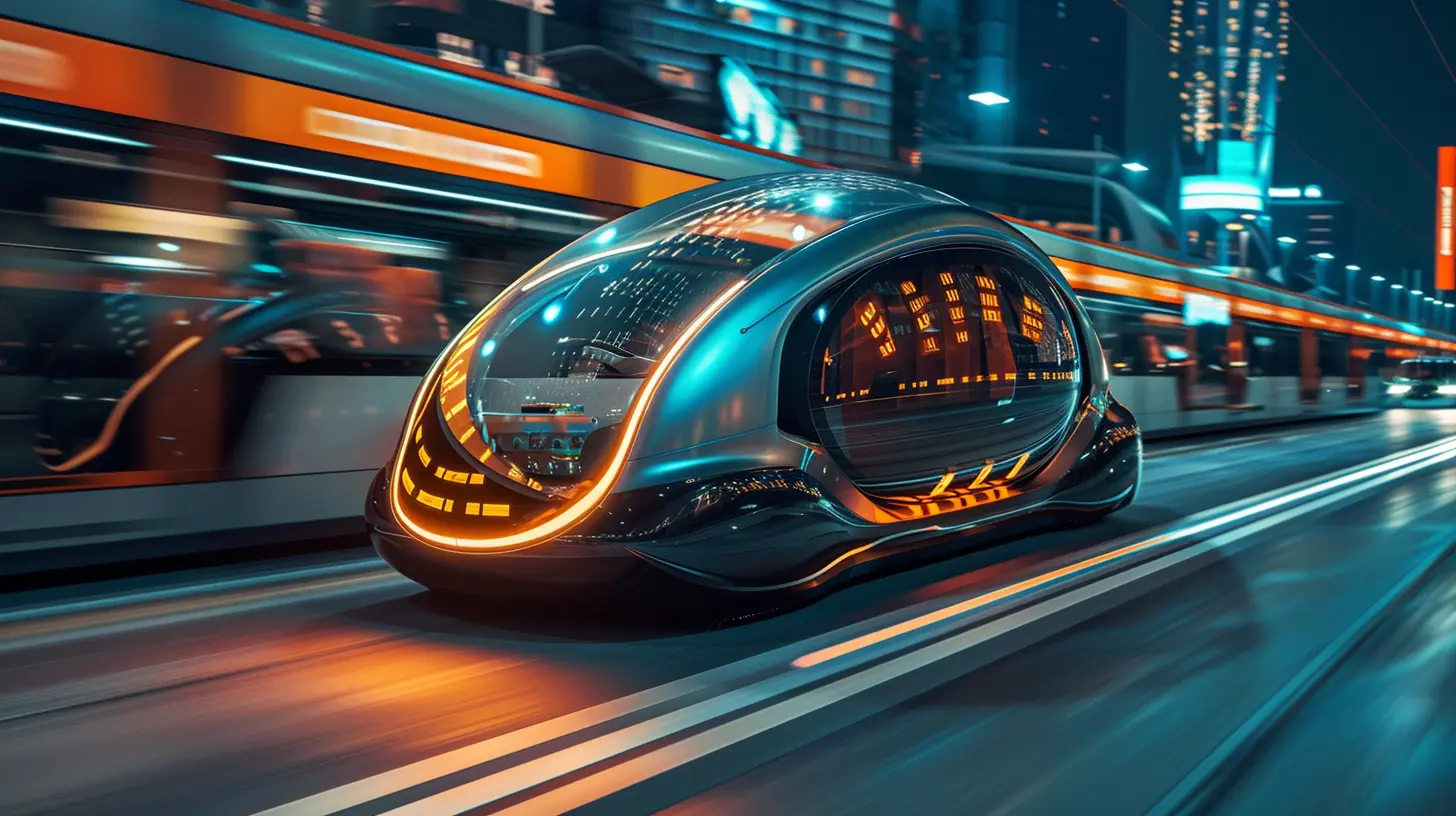
Why Are Cities Switching to Electric Public Transport?
Let’s break it down. Cities are moving toward electric public transport for a few key reasons:1. Cleaner Air, Healthier People
Traditional buses and trains that run on fossil fuels release harmful emissions. This contributes to air pollution, which can lead to respiratory issues, heart disease, and other health problems. EVs, on the other hand, produce zero tailpipe emissions. That means cleaner air and healthier lungs for everyone!2. Lower Operating Costs
Did you know that maintaining a diesel bus is like keeping an old car running? It needs regular oil changes, filter replacements, and engine tune-ups. Electric buses? They have fewer moving parts, which means fewer breakdowns and lower maintenance costs. Plus, electricity is often cheaper than diesel fuel—saving cities a ton of money in the long run.3. Less Noise Pollution
Ever been near a diesel bus when it revs up? It’s LOUD. Now imagine a fleet of quiet, electric buses gliding through the streets. No more eardrum-shattering engines—just smooth, silent rides. Sounds like a dream, right?4. Government Support & Policies
Governments worldwide are pushing for greener transport. Many cities are even offering incentives for switching to electric fleets. Grants, subsidies, and tax breaks are making it easier for transit agencies to go electric.5. Energy Efficiency & Sustainability
EVs are way more energy-efficient than their gas-guzzling counterparts. Plus, when powered by renewable energy sources like solar or wind, public transport can become 100% green. That’s a win for both the environment and commuters!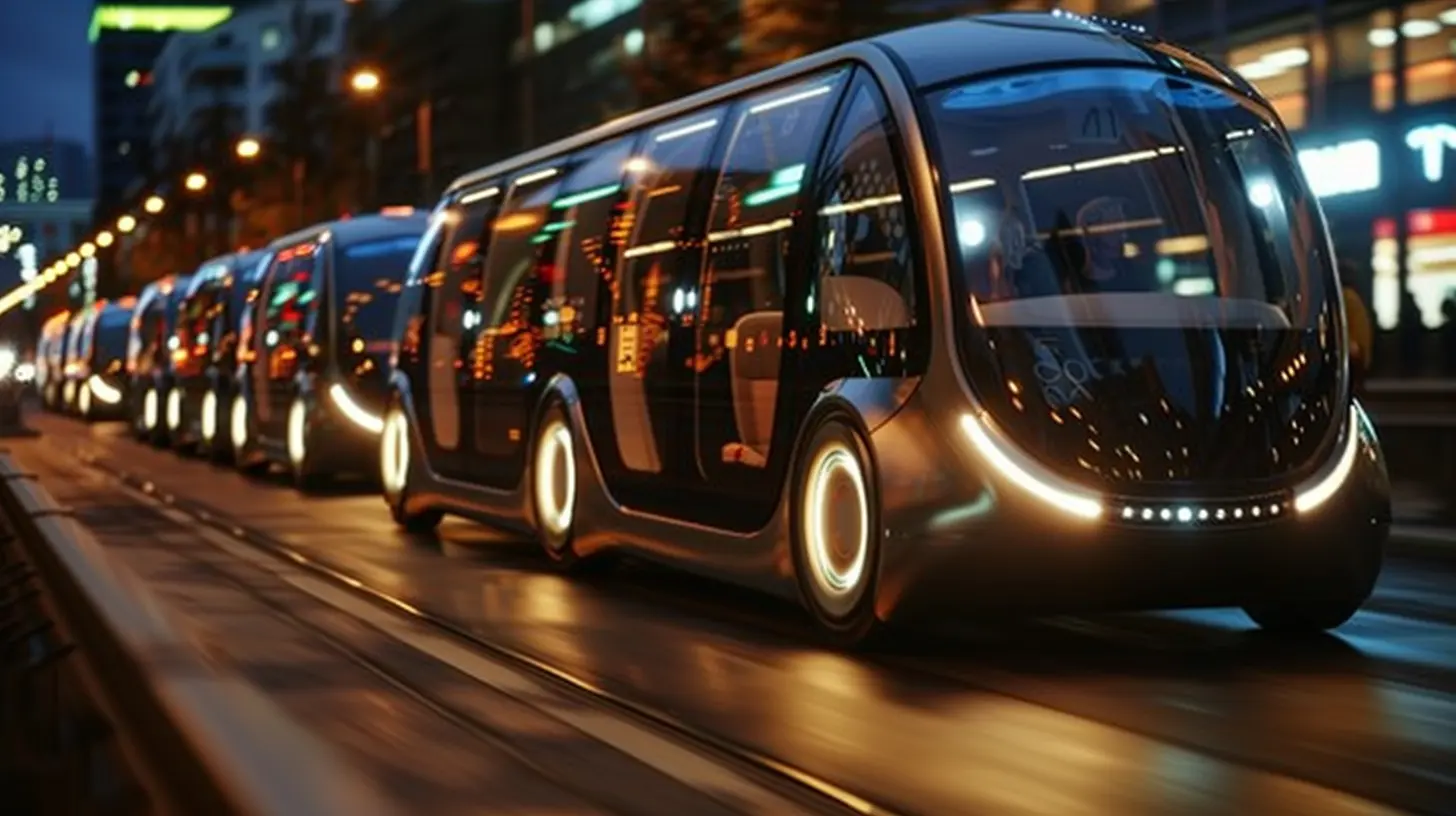
Electric Buses: Changing the Way We Travel
Electric buses are at the forefront of this revolution. They’re already making waves in cities like London, New York, and Beijing. But why are they such a game-changer?Fast Charging & Long Ranges
One of the biggest concerns with electric vehicles has always been range. But modern electric buses can travel over 200 miles on a single charge! And thanks to fast-charging stations, they can recharge in just a few hours.Smart Technology Integration
Many electric buses come with advanced tech features like real-time GPS tracking, automated fare collection, and even Wi-Fi. That makes commuting not only greener but also more convenient.Reduced Traffic Congestion
Electric buses operate more efficiently and can integrate with smart traffic management systems. This helps reduce congestion and improve travel times—something every commuter can appreciate!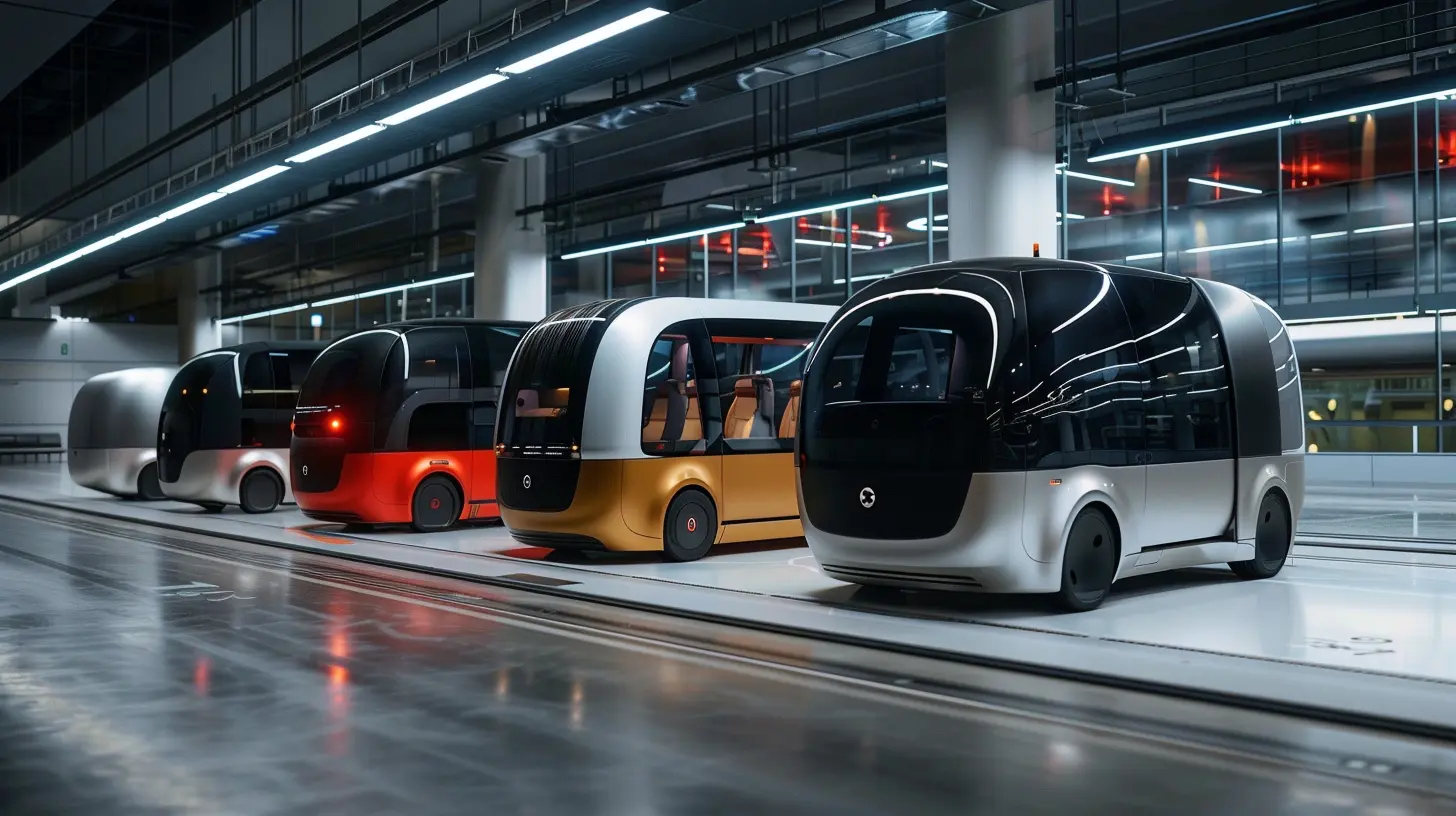
Electric Trains: A High-Speed, Eco-Friendly Future
Buses aren’t the only public transport going electric—trains are too! In fact, electric trains have been around for a while, but technological advancements are making them even better.High-Speed Rail Makes Travel Faster
Countries like Japan and China have already embraced high-speed electric rail. These futuristic bullet trains clock speeds of over 200 mph! They’re not just fast—they’re also energy-efficient and a great alternative to air travel.Regenerative Braking Saves Energy
Many electric trains use regenerative braking, meaning that when they slow down, they recharge their own batteries. It’s like a self-charging system that boosts efficiency and reduces power consumption.Electrified Metro Systems
Many cities around the world are electrifying their subway and tram networks. With automation and AI-driven controls, electric metros are becoming smoother, safer, and more reliable.The Challenges of Electric Public Transport
Now, let’s not get too ahead of ourselves. While electric public transport is promising, there are still some hurdles to overcome.1. High Upfront Costs
Switching to electric fleets isn’t cheap. The initial cost of electric buses and charging infrastructure can be high. However, with lower operating costs, cities can recover these investments over time.2. Charging Infrastructure
Unlike gas stations that are everywhere, EV charging stations are still catching up. Cities need to invest in widespread charging networks to make electric public transport more feasible.3. Battery Life & Recycling
EV batteries don’t last forever. Eventually, they need to be replaced, and recycling them is still a challenge. Researchers are working on more sustainable battery solutions, but there’s still a long way to go.4. Power Demand
As more vehicles go electric, the demand for electricity will skyrocket. Cities need to ensure they have a reliable power grid—preferably powered by renewable energy sources—to support this transition.The Future of Electric Public Transport
The road ahead is exciting! With advancements in battery technology, AI-driven traffic systems, and eco-friendly initiatives, electric public transport is set to revolutionize the way we commute.Imagine a future where you step onto an AI-powered, self-driving electric bus that charges in minutes and emits zero pollution. Or hopping on a high-speed electric train that gets you from one city to another in record time—without harming the planet.
It’s not just a dream. It’s happening. Cities worldwide are investing in electric transport, and sooner than you think, you’ll be riding in one too!
Final Thoughts
Electric vehicles are shaping the future of public transport in ways we could only imagine a decade ago. They’re cleaner, quieter, and more efficient—making cities more livable and sustainable. Sure, there are challenges, but innovation is moving fast, and solutions are on the horizon.So next time you see an electric bus cruising quietly down the street, remember—you’re witnessing the future of public transport, today!
all images in this post were generated using AI tools
Category:
Electric VehiclesAuthor:

Vincent Hubbard
Discussion
rate this article
1 comments
Rylan McMeekin
Exciting times ahead! I'm eager to see how electric vehicles will revolutionize public transport and impact urban mobility. Great insights!
August 7, 2025 at 10:32 AM

Vincent Hubbard
Thank you! I'm glad you found the insights valuable. Exciting times indeed for urban mobility!
